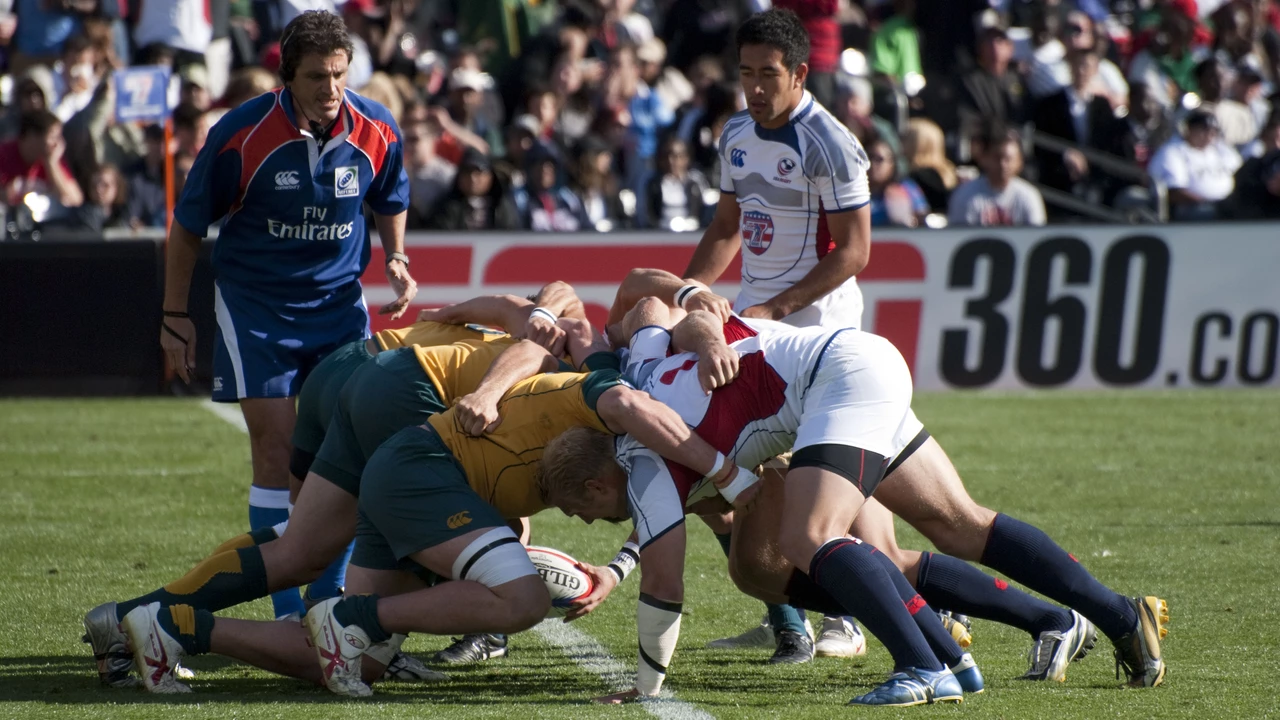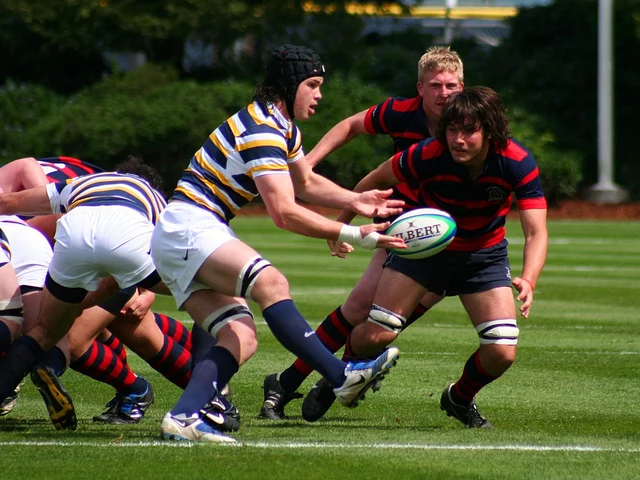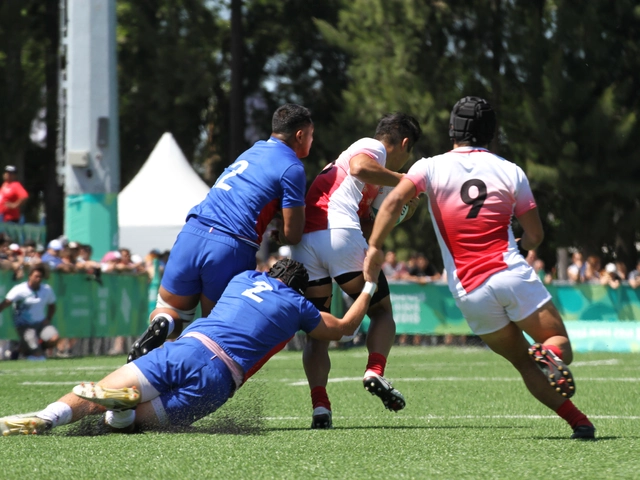Lack of Popularity in Rugby – What’s Holding It Back?
Ever wondered why rugby isn’t on every TV screen like football or basketball? The sport has fierce fans, but it still feels like a niche activity in many places. Below we break down the real reasons it stays under the radar and what clubs like South London Rugby Football Club can do to change that.
Common roadblocks
First up, the physical reputation. People often see rugby as overly brutal and think they need a linebacker’s build to join. That scares off newcomers who just want to try a new team sport. Second, the “posh” image still lingers, especially in the UK where top schools and universities dominate the narrative. When the game is linked to elite institutions, broader communities can feel it isn’t for them.
Media exposure is another big factor. Rugby only gets a handful of prime‑time slots, while other sports flood the schedule. Without regular highlights, casual viewers never see the excitement that lives on the pitch. Finally, the international calendar splits attention. Fans in the Southern Hemisphere follow the Super Rugby season, while Northern fans watch the Six Nations – the overlap creates fragmented interest.
How clubs can boost interest
Local clubs can tackle these myths head‑on. Running open‑training sessions lets anyone watch the skill, not just the hits. South London Rugby Football Club, for example, invites neighbours to grandstand on a Saturday, then explains the rules in plain English. Simple, transparent demos make the sport feel accessible.
Schools are gold mines for new players. Partnering with primary and secondary schools to run mini‑rugby festivals creates early love for the game. When kids see an after‑school club that’s friendly and supportive, they’re more likely to convince their parents to sign up.
Social media is the modern megaphone. Short, punchy videos of a spectacular try or a funny moment can go viral faster than a full match. Clubs should post player stories, community events, and quick rule‑breakdowns – all in a language that a 15‑year‑old would get.
Finally, community outreach matters. Hosting charity matches, offering free beginner kits, or running “family rugby days” turns a sport into a neighborhood event. When people associate rugby with fun gatherings rather than elite competition, the barrier drops dramatically.
Bottom line: rugby’s lack of popularity isn’t about the game itself – it’s about perception, exposure, and accessibility. By shifting the story at the grassroots level, clubs can spark a ripple effect that eventually reaches TV screens and mainstream conversations.
Hey, ever wondered why rugby isn't a hit in the land of the free? I mean, we Americans love a good rough and tumble, so why the cold shoulder to rugby? Well, it seems we're just too busy with our homegrown sports like football, basketball, and baseball. Plus, with all the rules and the odd-shaped ball, rugby seems as confusing as a Rubik's cube to us. But who knows, maybe one day we'll trade our touchdowns for tries and make rugby our new national pastime. Until then, it's three strikes you're out, not three points for a try, folks!
READ MORE





